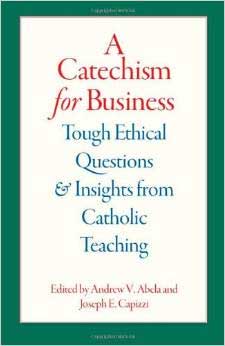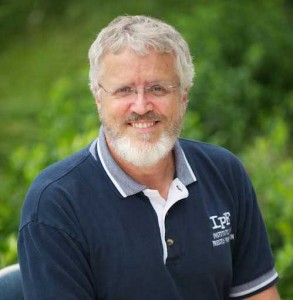FG#7- Interior Freedom episode 7 – Fountains of Grace: reflections on contemporary spiritual classics with Donna Garrett
Join host Donna Garrett, with Fr. Daniel Brandenburg, LC, as they discuss the spiritual classic “Interior Freedom” by Fr. Jacques Philippe a priest of Communaute des Beatitudes, an international association of the faithful of Pontifical Right founded in France in 1973. The members of the Community, which has a contemplative vocation based on Carmelite spirituality, are actively engaged in the service of the poor and the proclamation of the Gospel.
Podcast: Play in new window | Download (18.0MB) | Embed
Subscribe: Apple Podcasts | Spotify | Amazon Music | Android | Pandora | iHeartRadio | JioSaavn | Podchaser | Gaana | Podcast Index | Email | TuneIn | Deezer | Anghami | RSS | More
Discussed in this episode, among other topics, from “Interior Freedom” page 102
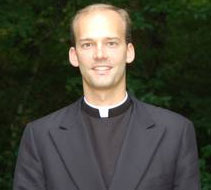
“Three aspects of the spiritual life the joyful, sorrowful and glorious outpourings of the Holy Sprit recall the image of the fire and the log used by St John of the Cross. ‘ When fire approaches the log it first lights it up and warms it. That corresponds to a joyful mystery. We are warmed by the love of God revealed to us . When the fire comes closer, the wood begins to blacken, smoke, smell bad, and give out tar and other unpleasant substances. This is the sorrowful outpouring; the soul has the painful experience of its own wretchedness. This phase lasts until the purifying fire has completed its work and the soul is totally transformed into a fire of love. Here is the glorious outpouring, in which the soul is strengthened in charity, the fire Jesus came to kindle on earth.”
For other episodes in the this series click here “Fountains of Grace w/Donna Garrett”

You can find “Interior Freedom” here
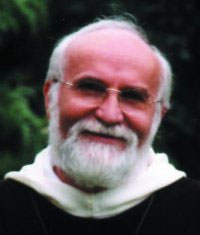




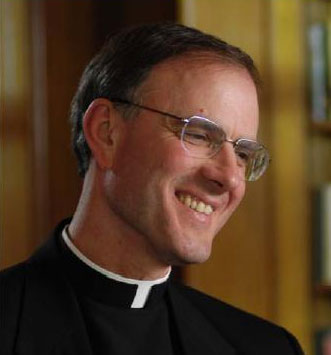


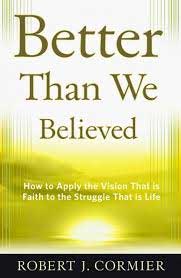
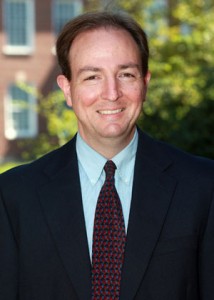
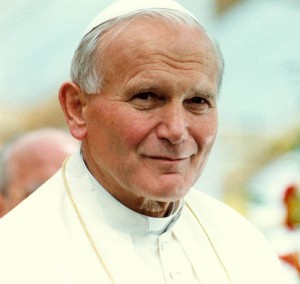
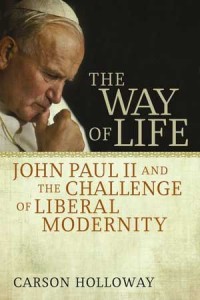
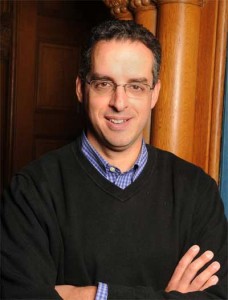 He is co-editor of a phenomenal new resource entitled “A Catechism for Business: Tough Ethical Questions and Insights from Catholic Teaching”. A rare work which makes the complex issues of ethics, found in our society, simple and accessible for lay faithful reflection and deeper study. Truly, a must have, not only for thebusiness office, but for every Catholic home and parish.
He is co-editor of a phenomenal new resource entitled “A Catechism for Business: Tough Ethical Questions and Insights from Catholic Teaching”. A rare work which makes the complex issues of ethics, found in our society, simple and accessible for lay faithful reflection and deeper study. Truly, a must have, not only for thebusiness office, but for every Catholic home and parish.